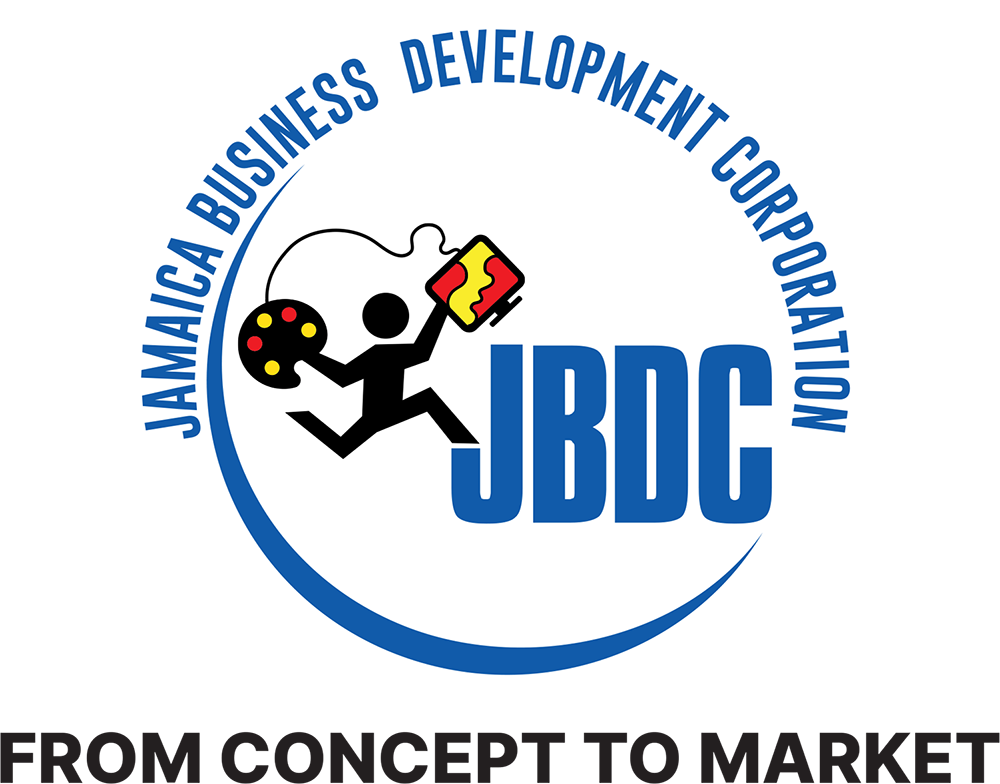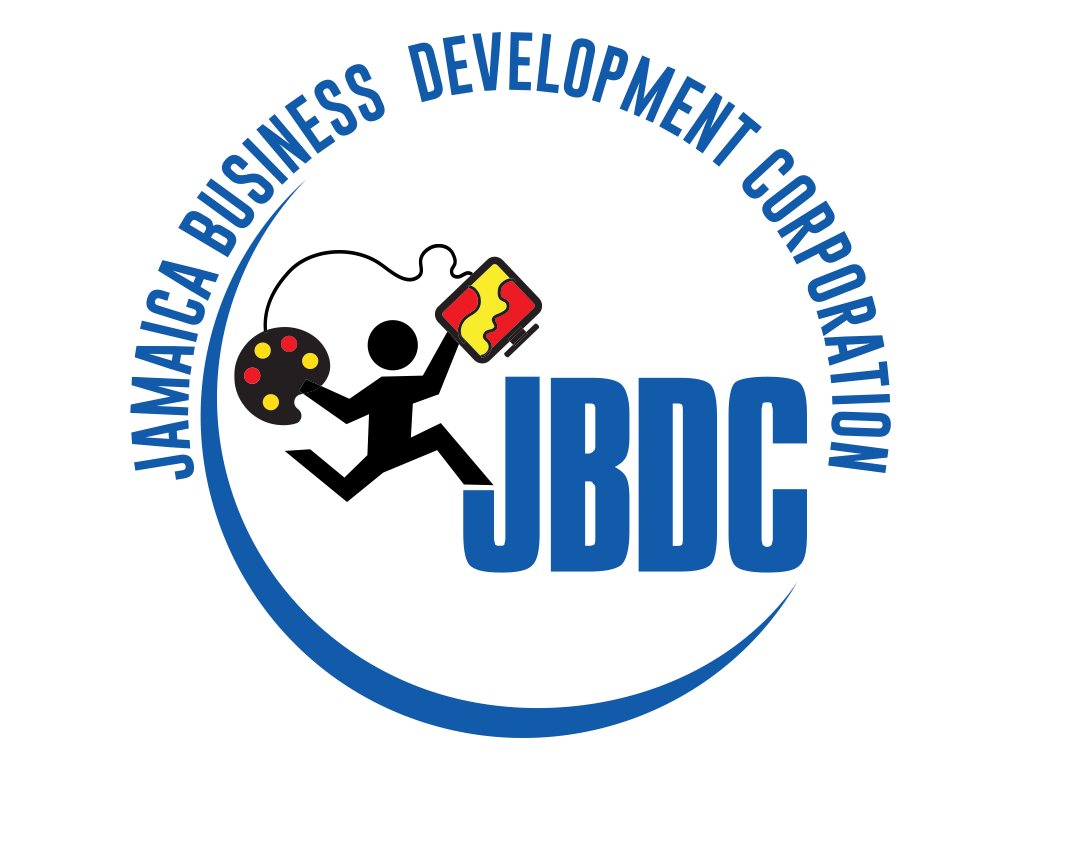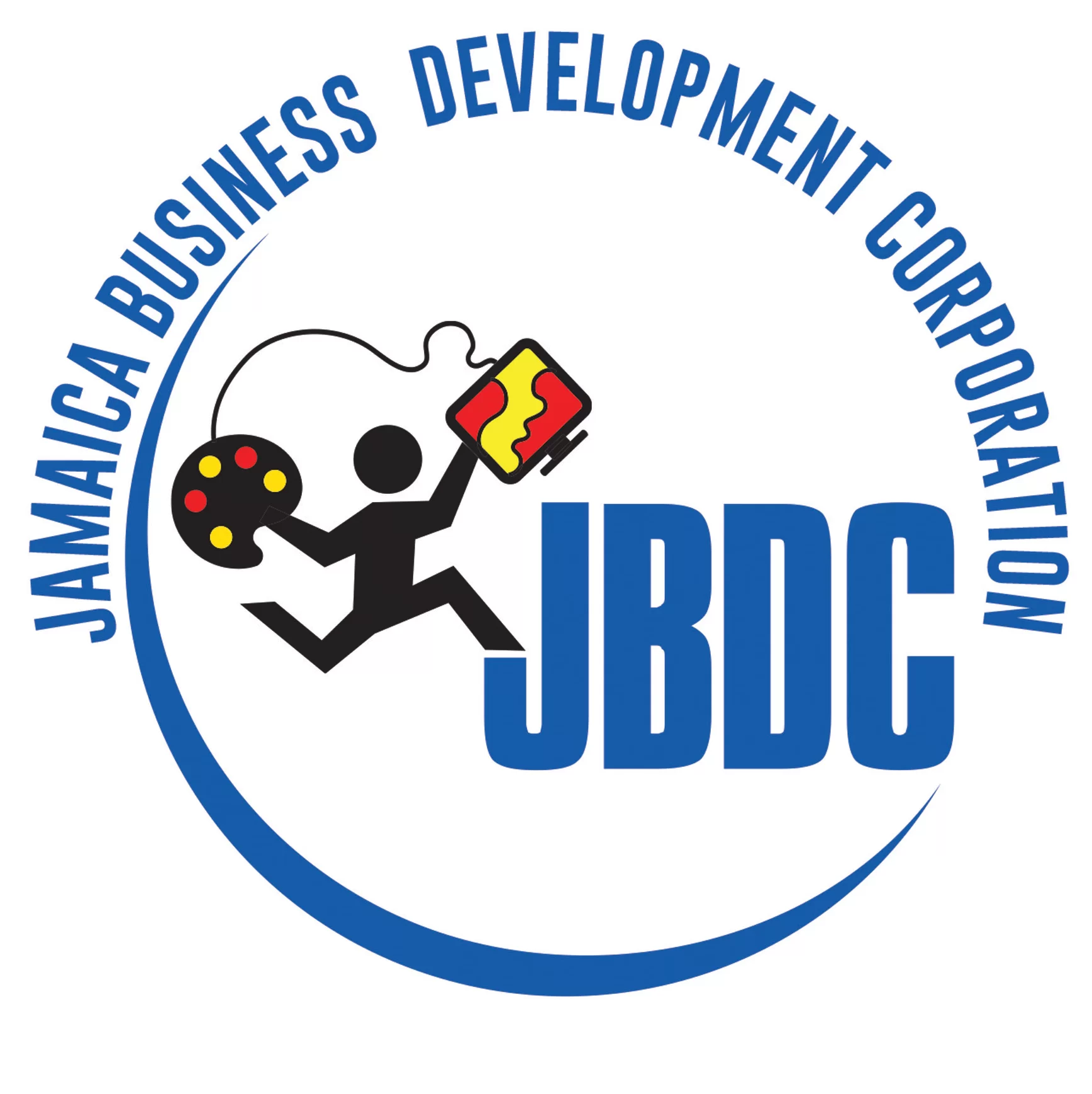
With its abundance of raw materials and natural ingredients like castor beans, lemon grass, among others, Jamaica is well poised to manufacture quality products that are suitable for hair, skin and body care; for both the local and export markets.
Research done by the JBDC revealed that there is a demand for the export of essential oils globally, especially with the increase in interest in aromatherapy. The research also showed that Jamaica has the potential to develop an import-substitution strategy for essential oils that could yield great returns for the island. Additionally, the United States of America, France, Canada and the United Kingdom exhibit the greatest demand for essential oils.
Project Details
-
Start Date April 2021
-
End Date January 2024
-
Status In Progress
Project Partner
Ministry of Industry, Investment & Commerce (MIIC)







